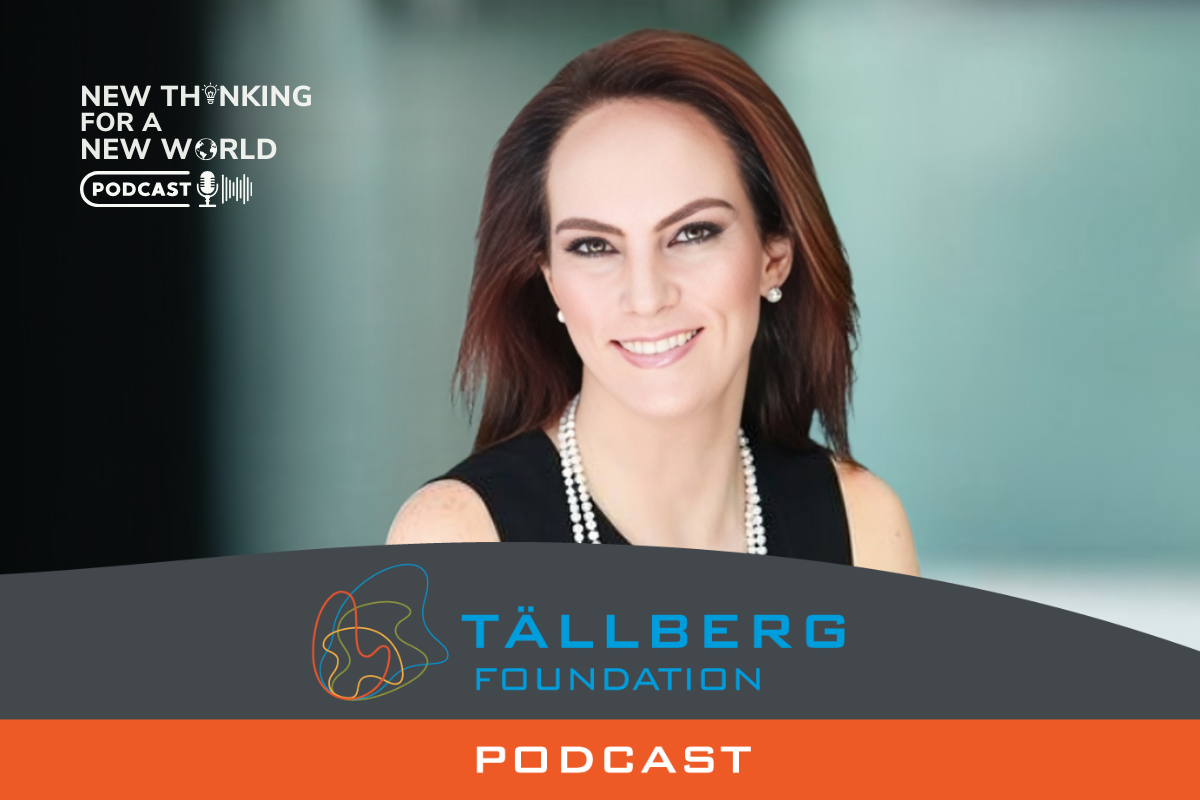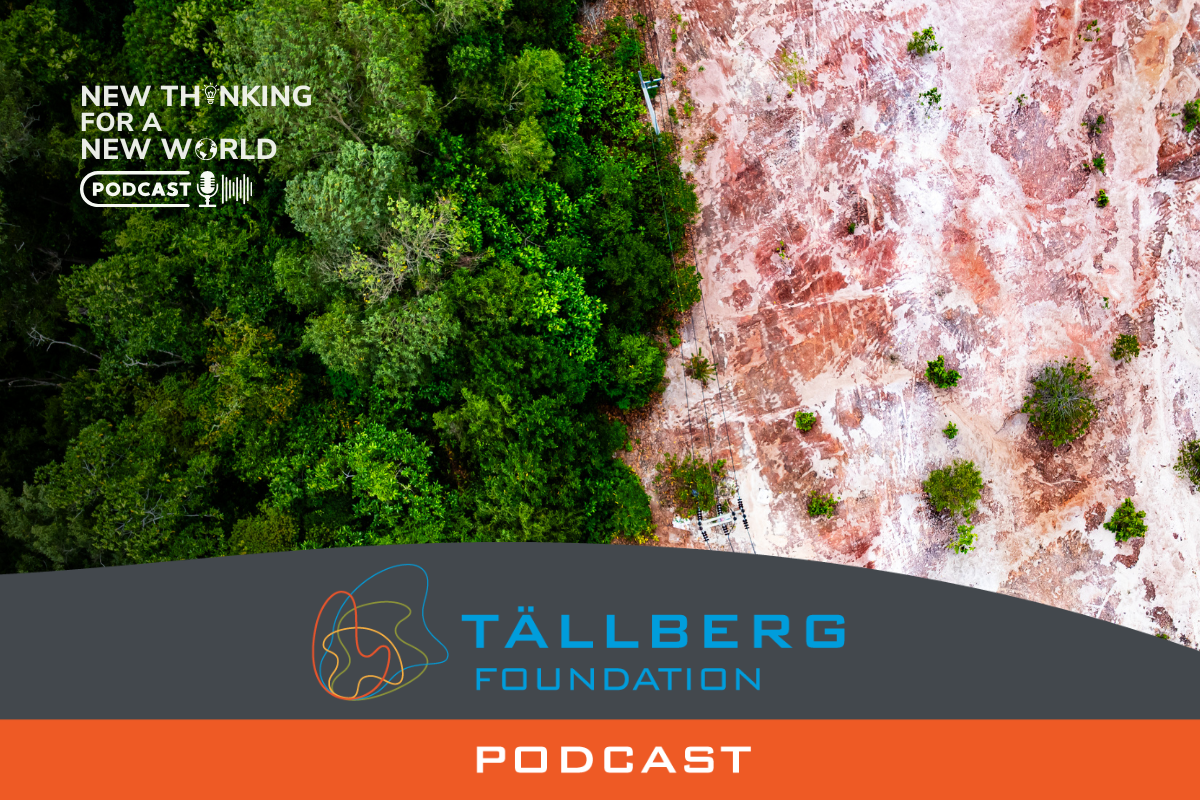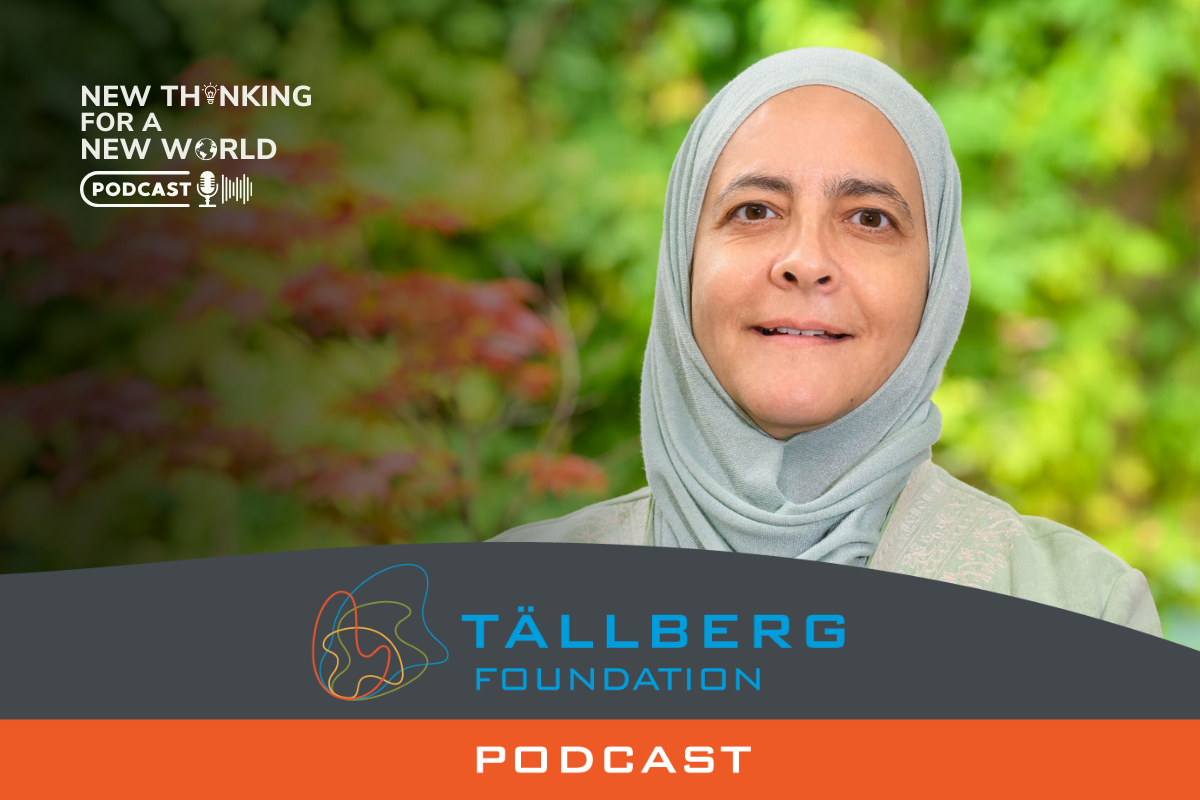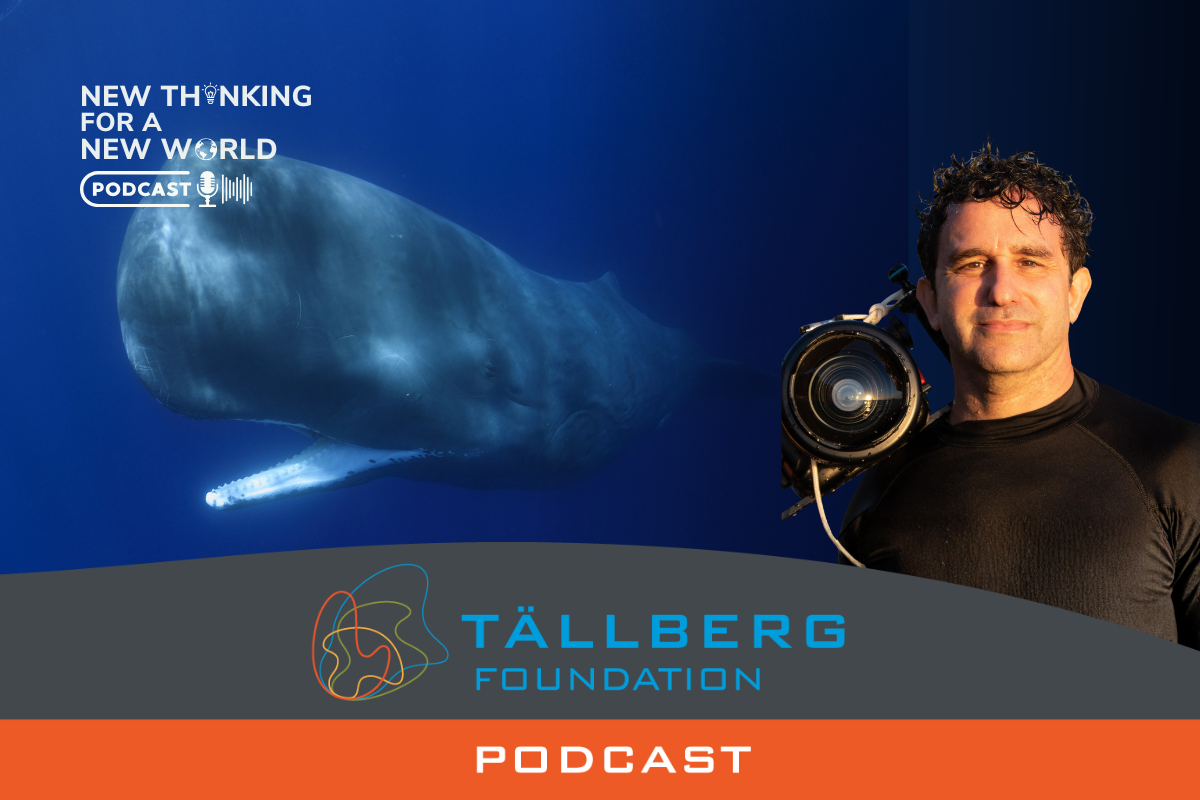We live at a moment when everything we thought we could rely on to understand our world seems to be becoming unglued. Whether it’s “uncharted waters” or the “break up of global order” or “the end of the American century,” at the least we are entering a period of change and chaos unlike anything that most of us have experienced in our lifetimes.
Whatever emerges is likely to be shaped in important ways by the evolving relationship between China and the United States. Those are the only two countries with the power, the ambition, the history, and the hubris to imagine themselves as great enough powers not to rule, perhaps, but to shape the new world. The problem, of course, is that no two countries—indeed, civilizations—could be more unlike each other. In the past, that set-up has been a formula for competition, even conflict, but as Henry Kissinger pointed out, such competition never before played out in a truly globalized world like that of the 21st century. The potential for catastrophe is obvious.
Avoiding such a worst-case scenario must begin with U.S. leaders and elites gaining a clear understanding of China—and Chinese leaders and elites doing the same with the United States.
So as an approximation, in this episode of New Thinking for a New World, we explore what all this looks like from an Asian perspective. Chandran Nair is the founder and CEO of the Global Institute For Tomorrow, a Pan-Asian think tank based in Hong Kong and Kuala Lumpur. He is deeply knowledgeable about both Great Powers and, as you will hear, believes that the Chinese are much more clear-eyed about how the world ought to work.
He may or may not be right: what do you think?
***
Find the New Thinking for a New World podcast on a platform of your choice (Apple podcast, Spotify, Google podcast, Youtube, etc.)
ABOUT OUR GUEST
Chandran Nair is the Founder and CEO of the Global Institute For Tomorrow (GIFT), an independent pan-Asian think tank based in Hong Kong and Kuala Lumpur focused on advancing a deeper understanding of global issues including the shift of economic and political influence from the West to Asia, the dynamic relationship between business and society, and the reshaping of the rules of global capitalism. He is the author of Consumptionomics: Asia’s Role in Reshaping Capitalism and Saving the Planet, The Sustainable State: The Future of Government, Economy, and Society and Dismantling Global White Privilege: Equity for a Post-Western World. His latest book Understanding China : Governance, Socio-Economics, Global Influence is due to be published at the end the year. He is also the creator of The Other Hundred, a non-profit global photo journalism initiative to present a counterpoint to media consensus on some of today’s most important issues.




Hello, its very good.
From my unique vantage point—rooted in neurodiversity, spiritual clarity, and a deep devotion to love—I see this global unraveling not as a descent into chaos, but as the inevitable purge of illusions that no longer serve the soul of humanity.
The phrase “Mutually Assured Madness” isn’t just a clever wordplay on Cold War logic—it’s a spiritual diagnosis. We are witnessing the final throes of outdated paradigms built on dominance, fear, and linear thinking.
The rising tensions between China and the United States symbolize more than geopolitical rivalry; they reflect a deeper clash between competing worldviews.
But neither civilization holds the full truth. Each is steeped in their own myths of exceptionality and self-preservation. What’s missing isn’t strategy—it’s soul.
As the West grapples with the dissolution of its myth of permanence, and the East awakens to its long-contained aspirations, both risk missing the larger calling: to transcend nationalism in favor of planetary consciousness. Not as an ideal, but as a necessity.
For in this “globalized world,” the Earth is no longer a backdrop—it is the primary stakeholder. Any new order that fails to honor this will crumble under the weight of its own ignorance.
From a love-centered lens, we must ask: What kind of future honors life, not just power? We need thinkers, leaders, and visionaries—not who merely understand the “other,” but who are willing to unlearn the very frameworks that made the other an enemy in the first place.
Chandran Nair’s call for clarity is important, but it must go deeper. Understanding must give way to transcendence—a leap not just in policy, but in purpose.
The madness ends when we stop seeing power as something to assert, and begin to see it as something to share, rooted in love, humility, and interdependence.